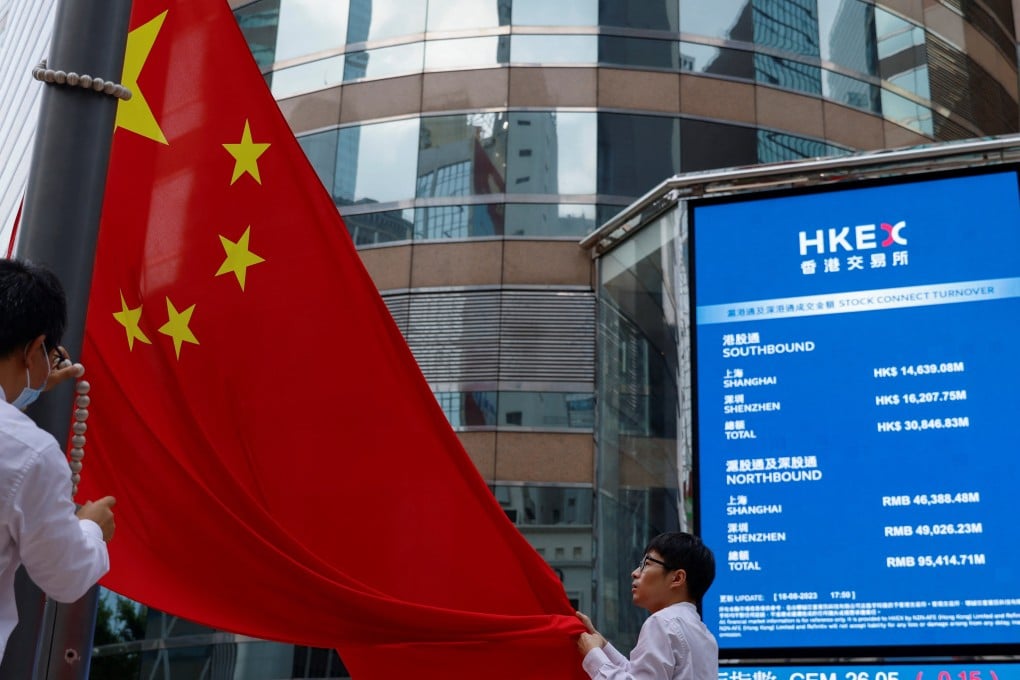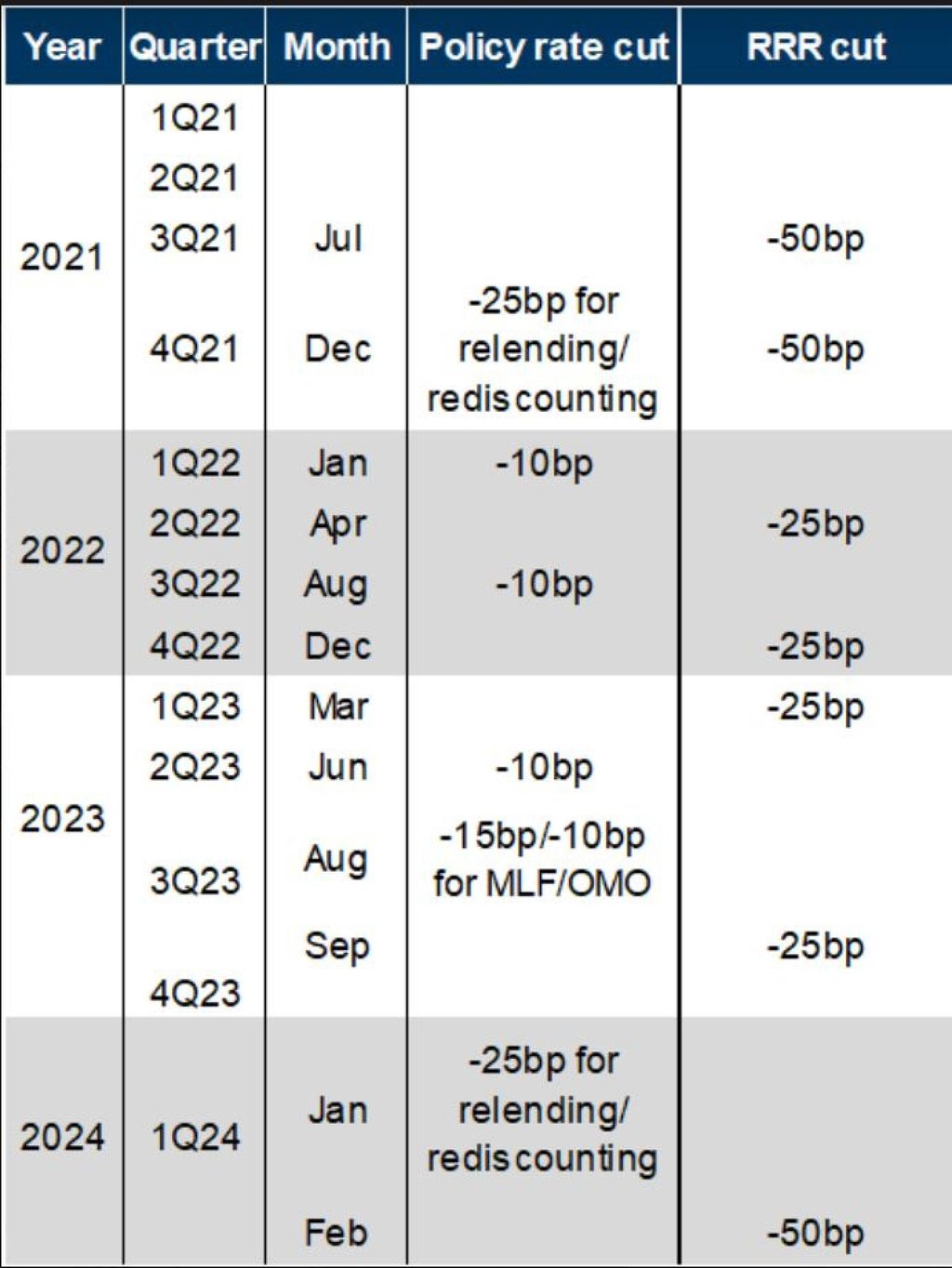Hong Kong stocks recoup more than US$400 billion as market regains confidence on China support signals
- Hong Kong’s stock market recouped more than US$400 billion of market value over three days, after Monday’s slump to October 2022 low
- China has signalled more support for its sluggish economy in snap reaction to loss of confidence among global investors

The Hang Seng Index jumped 2 per cent to 16,211.96 on Thursday, adding to the 6.3 per cent gain over the preceding two days. The Tech Index erased losses to advance 0.9 per cent, while the Shanghai Composite Index rallied 3 per cent, the most since March 2022.
Trading volume reached HK$132 billion (US$16.9 billion), topping the century-figure for a fourth straight day, compared with the average daily turnover of HK$102 billion in the past 12 months. It also marked the busiest day for the city’s stock exchange in more than a month.
Tencent rose 3.2 per cent to HK$290.80, JD.com strengthened 3.4 per cent to HK$93.50 and Baidu appreciated 1.6 per cent to HK$106.80. AIA closed 3.4 per cent higher at HK$65.05, while HSBC added 0.8 per cent to HK$60.40. Longfor surged 8.1 per cent to HK$9.61 and peer developer China Resources Land gained 5.7 per cent to HK$24.30.

“It’s clear that markets want policymakers to bring out the big guns to support underlying fundamentals,” said David Chao, global market atrategist for Asia-Pacific ex-Japan at Invesco. “Ultimately, what is going to get fundamentals back on track is meaningful improvement in confidence and sentiment.”
The Hang Seng Index has now risen 5.9 per cent this week, set for the best run since the opening week of 2023. The rebound from the lowest level since October 2022 has expanded the total market capitalisation of stocks in Hong Kong to US$4.69 trillion, according to Bloomberg data, versus US$4.29 trillion on Monday.
Before the rescue, stocks in Hong Kong, Shanghai and Shenzhen had lost a combined US$1 trillion in the new year, matching all of the sell-off in 2023. Hong Kong’s stock benchmark had slumped more than 12 per cent in its worst start to a year since 2016.